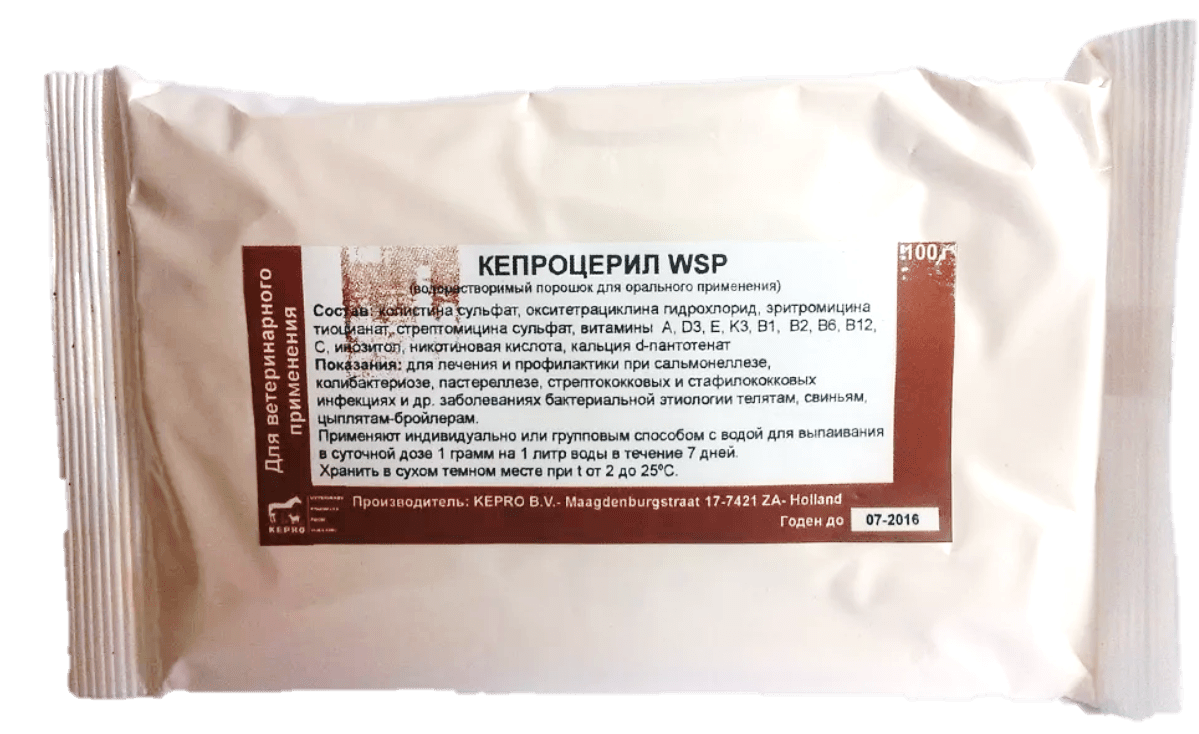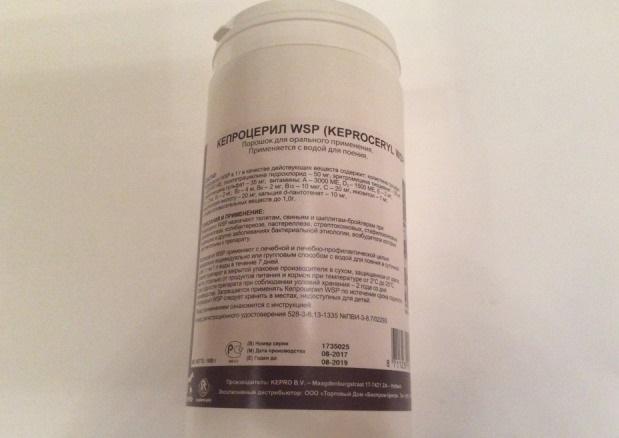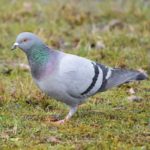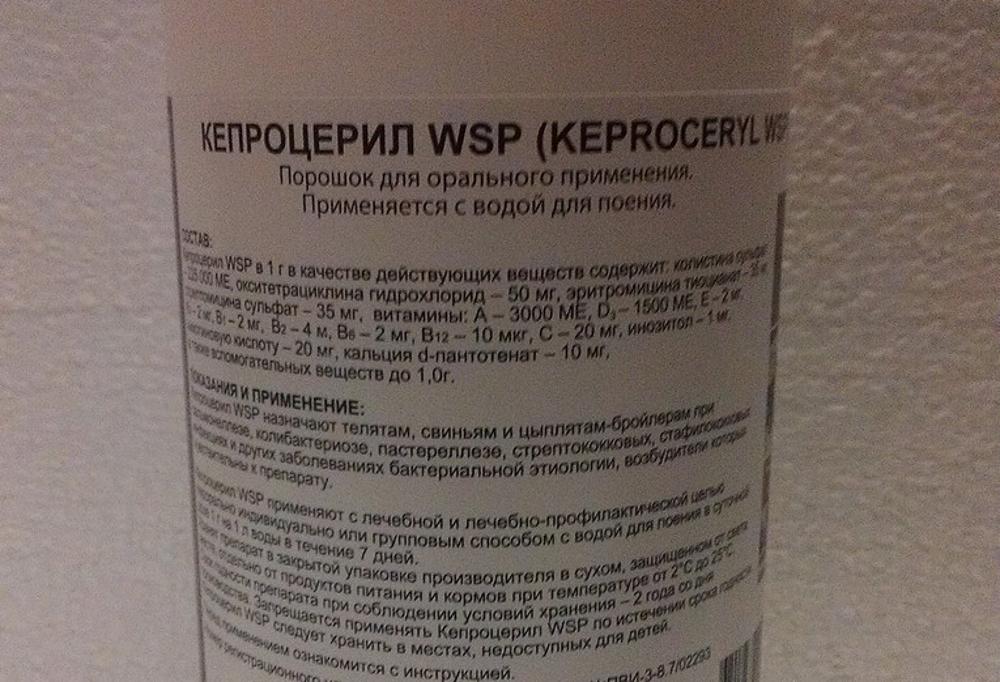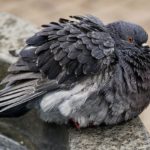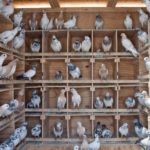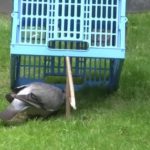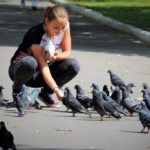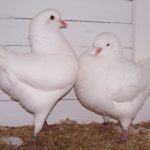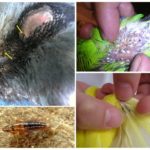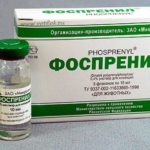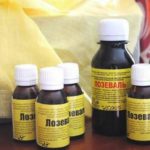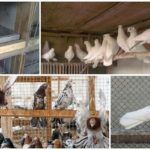A few decades ago, it was almost impossible to find special medicines for poultry, pigeons and other ornamental bird species, but today the situation has changed. Effective drugs in a convenient form are easy to find in veterinary pharmacies. "Keproceril" refers specifically to such medicines and has instructions for breeding and administration for pigeons and other birds.
Composition and release form of the drug
"Keproceril" is a multicomponent drug produced in the Netherlands, intended for the treatment of intestinal infections characteristic of birds. A complex of gram-negative and gram-positive antibiotics, additionally enriched with a complex of vitamins, is used for therapeutic and prophylactic purposes.
The active substances included in the drug are:
- erythromycin thiocyanate;
- oxytetracycline hydrochloride;
- streptomycin sulfate;
- colistin sulfate.
The lack of vitamins and minerals in the body of a sick bird is replenished thanks to those included in the composition:
- B vitamins (B1, B2, B6, B12);
- WITH;
- K3; A3; D3;
- E2;
- calcium D-panthenate;
- nicotinic acid;
- inositol.
The medicine is produced in powder, so it dissolves well in water, is quickly absorbed and is convenient for feeding birds. The drug is available in foil plastic bags weighing 100 grams and plastic jars with a capacity of 1 kilogram. In veterinary pharmacies, customers can be offered Pulsoceril; it is an analogue of Keproceril and is produced in Russia.
Indications for use of "Keproceril"
The drug is used for the treatment and prevention of intestinal infections in pigeons, other ornamental birds, domestic birds, and farm animals. The medicine is used for:
- salmonellosis, which manifests itself in birds with diarrhea, weakness, and lack of appetite;
- colibacillosis, which is characterized by dehydration due to diarrhea of birds;
- pasteurellosis, which is also accompanied by weakness and diarrhea.
"Keproceril" is easy to use, provides a quick effect in treatment and protects birds from infection if used for preventive purposes.
Instructions for use and dosage for pigeons
The medicine is used after consultation with a veterinarian. The drug is mixed with water in a ratio of 1 gram per liter of cold boiled water and fed to the birds. Treatment lasts at least a week.
If the product is used for the purpose of prevention, the concentration can be reduced to 1 gram per 1.2-1.3 liters of liquid. Give only freshly prepared medicine; it is forbidden to use the prepared solution the next day. It is necessary to carefully observe the dosage and avoid increasing the concentration of the drug.
Even if the symptoms of the disease have disappeared, it is necessary to continue treatment until the cycle is completely completed.
Possible side effects and contraindications
"Keproceril" is not used for individual intolerance; If the birds do not feel better within 2-3 days, you should call the veterinarian again and adjust the treatment regimen.
The drug is well tolerated by pigeons, problems are extremely rare. If vomiting, muscle spasms, or convulsions occur, treatment is canceled. It is not prescribed to doves hatching chicks. Young birds tolerate treatment less well than adult birds; if necessary, you should additionally consult a doctor specializing in ornithology.
Personal prevention measures
Intestinal infections can be transmitted from pigeons to humans. To avoid this, you should:
- keep the dovecote clean;
- Disinfect drinking bowls and feeders 1-2 times a week;
- remove pigeons that have been in flight for a long time from the main flock (quarantine - 20 days);
- come to the birds in certain clothes and shoes, wash your hands thoroughly after visiting the dovecote;
- do not smoke or eat food while cleaning;
- vaccinate birds;
- provide systematic veterinary examinations of pigeons.
If the temperature rises or diarrhea occurs, consult a doctor for diagnosis and treatment. When using the drug, wear rubber gloves, a respirator, and safety glasses.
Storage rules and expiration date
The drug is stored away from children and pets and away from direct sunlight. Keep it away from feed and food products at a temperature not exceeding +25 ° C. If storage standards are observed, the shelf life of the drug is 2 years from the date of manufacture.
Substitutes
There are many drugs available for the treatment and prevention of intestinal infections. They should be used in accordance with the veterinarian's recommendations or the manufacturer's instructions. They use “Pulsoceril”, Salmo-stop combi, Para stop, “Salmonella 4 in 1”.
Careful observance of the conditions for keeping birds, high-quality food, and timely vaccinations help keep all birds in the flock healthy. Keeping and breeding pigeons (especially rare breeds) is not a cheap pleasure; usually owners treat their pets responsibly.

